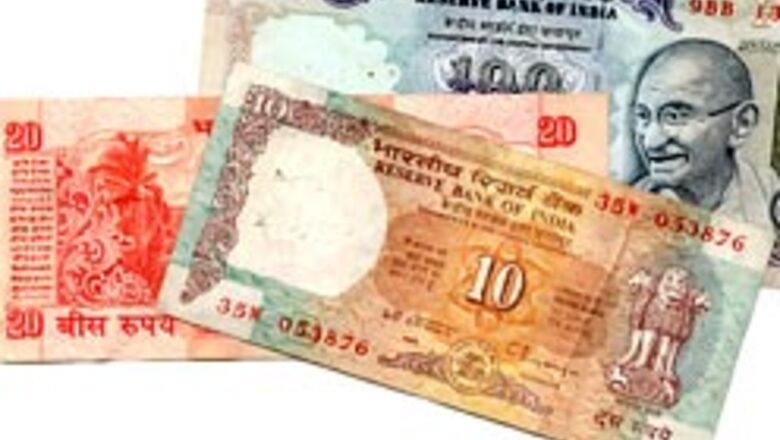
views
New Delhi: Indian exporters of major farm commodities, including rice, soymeal, sugar and cotton, are being hit by a rising rupee, and traders urged the government to intervene to protect their margins.
The rupee has gained more than 8 per cent this year, powered by strong capital inflows into the fast-growing economy.
But it has also risen as investors sold dollars for the local unit to tide over a squeeze in the money market intended to trim price pressures in the economy.
"The government knows that such a sharp increase in the rupee will be a body blow to exports," R.S. Seshadri, director of Tilda Riceland Ltd, told Reuters.
"Is it a case of a favoured child turning to be a neglected one in the larger national context," Seshadri said.
"For Indian exporters, margins will be affected," said Anjan Roy, a senior economist with the Federation of Indian Chambers of Commerce and Industry. "Some kind of intervention is essential."
Faced with rising inflation the government banned the export of wheat, pulses and sugar. It later allowed sugar sales. India's overall exports grew a slower-than-expected 8.8 percent to $12.58 billion in March from the same month a year ago as a stronger rupee weighed.
A spokesman for India's trade minister said last week he had written to the prime minister seeking measures to limit the rupee as its rise was hurting export competitiveness. The rise in the rupee not only takes the wind out of exports, but also raises fears of cheap imports, trade experts say.
"There will be a jump in imports of palm and soy oils due to the gain in the rupee," Shardul Sharma, an analyst with Sharekhan Commodities Pvt. Ltd., a Mumbai-based brokerage, said.
"Export realisation on soymeal exports has fallen by around 700-800 rupees ($17.22) a tonne in the last couple of months," said Rajesh Agrawal, spokesman of the Soybean Processors' Association of India.
Several sugar firms, selling at below cost at home, could sink deeper into losses due to the hardening rupee, just as leading producer Brazil enters global markets with huge stocks.
Sugar output in India, the world's second-largest producer, is likely to touch a record 26 million tonnes in the year to September, while consumption stands at 18 million tonnes. That leaves a huge surplus that has pushed domestic prices down by 400 rupees per 100 kg to 1,315 rupees since September, a Mumbai-based trader said.
A government decision to offer export subsidies to sugar mills had failed to lift overseas sales as the rising rupee had nullified any benefit, he said. The stronger rupee has also dashed India's hopes of overtaking the U.S. as the largest cotton exporter to China.
India's exports to China in the seven months from October 2006 stood at 2.5 million bales against 2.6 million bales sold by the United States. One bale equals 170 kg. But over the last four weeks India's cotton exports slowed, and cheaper imports are arriving at ports, said K.N. Vishwanathan, secretary of the South India Cotton Association.




















Comments
0 comment